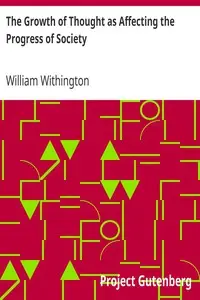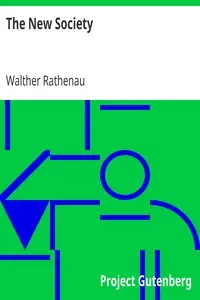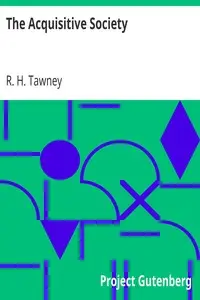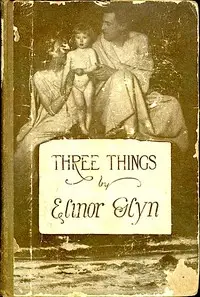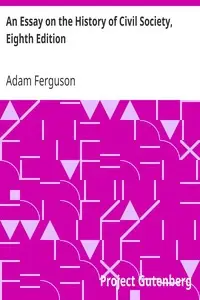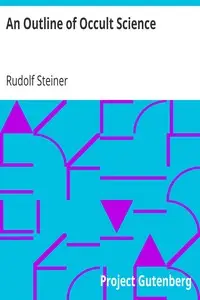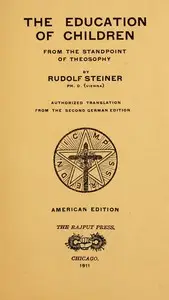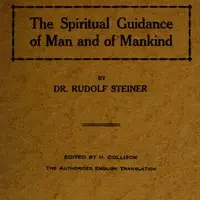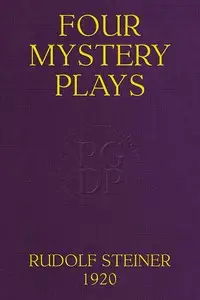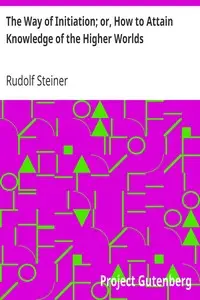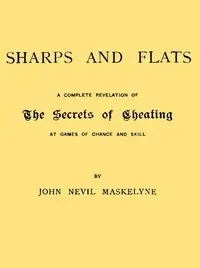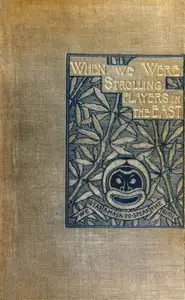"The Threefold Commonwealth" by Rudolf Steiner is a study of society that argues for a new way to organize things to make the world better. It talks about how the economy, people's rights, and spiritual beliefs are all connected, and that they should each have their own independent systems. Steiner looks at what's wrong with how society is currently set up, saying that politics and money have made things confusing. He thinks we need to start paying attention to spiritual life again, along with the economy and rights. Steiner emphasizes people should be able to use their own skills and ideas to help build society, focusing on more than just money to create a full and complete community.
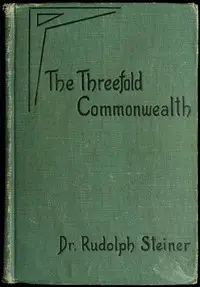
The Threefold Commonwealth
By Rudolf Steiner
Discover a revolutionary vision where economics, rights, and spirituality intertwine to forge a harmonious and thriving society.
Genres
Released
2019-04-12
Formats
epub3 (images)
epub (images)
mobi (images)
epub
mobi
txt
Free Download
Summary
About the AuthorRudolf Joseph Lorenz Steiner was an Austrian occultist, social reformer, architect, esotericist, and claimed clairvoyant. Steiner gained initial recognition at the end of the nineteenth century as a literary critic and published works including The Philosophy of Freedom. At the beginning of the twentieth century he founded an esoteric spiritual movement, anthroposophy, with roots in German idealist philosophy and theosophy. His teachings are influenced by Christian Gnosticism or neognosticism. Many of his ideas are pseudoscientific. He was also prone to pseudohistory.
Rudolf Joseph Lorenz Steiner was an Austrian occultist, social reformer, architect, esotericist, and claimed clairvoyant. Steiner gained initial recognition at the end of the nineteenth century as a literary critic and published works including The Philosophy of Freedom. At the beginning of the twentieth century he founded an esoteric spiritual movement, anthroposophy, with roots in German idealist philosophy and theosophy. His teachings are influenced by Christian Gnosticism or neognosticism. Many of his ideas are pseudoscientific. He was also prone to pseudohistory.
Total Reviews
10.0k
Total reviews from Goodreads may change

